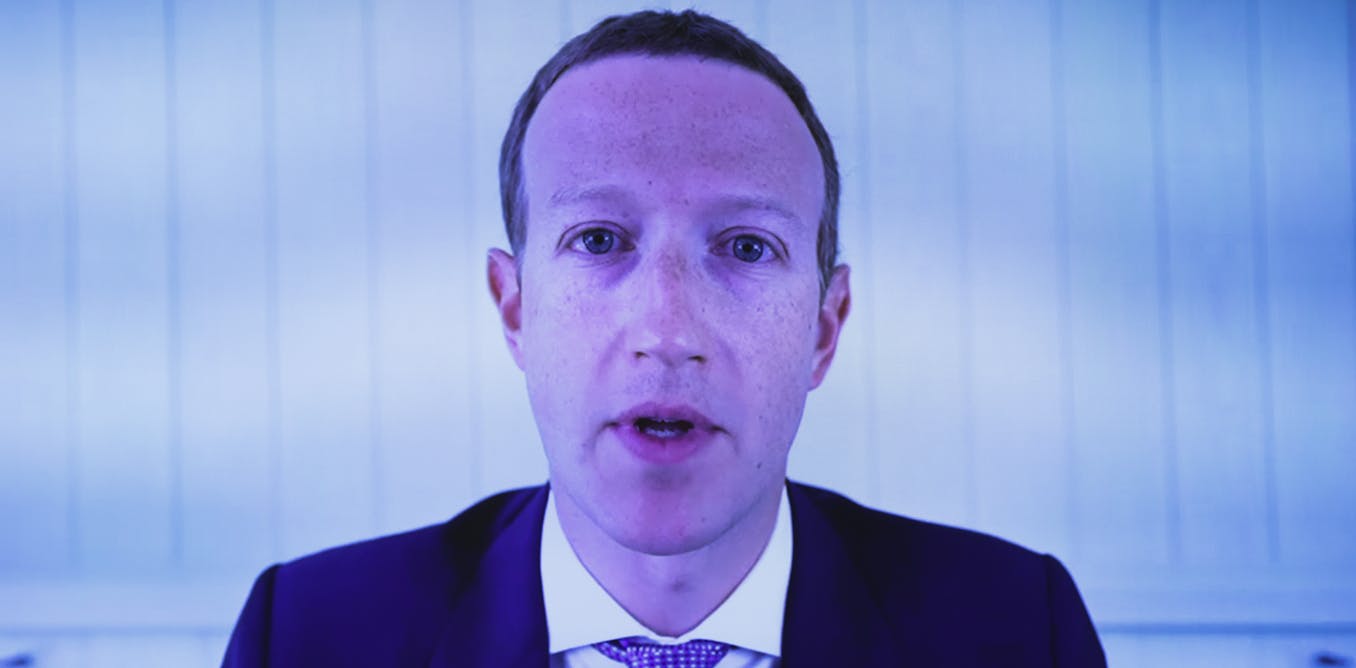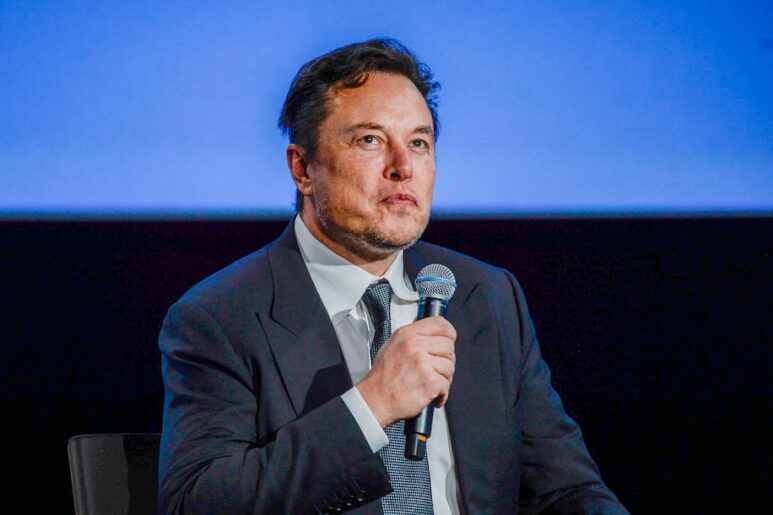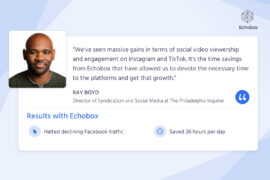This week: Elon’s battle with Twitter continues, the Big Tech monopoly and why sinking money into swimming pools may not be the best idea. It’s The Roundup.
News
Your good friend and mine, Elon Musk, has re-upped on his attempt to back out of his deal to buy Twitter. News recently emerged that Musk had subpoenaed a Twitter whistleblower who accused the company of a range of “extreme, egregious deficiencies” in its handling of its users’ data. Now, these claims have been added to Musk’s legal arguments for terminating the deal, according to this article by Rachel Lerman and Cat Zakrzewski in the Washington Post.
The whistleblower, Twitter’s ex-head of security Peiter Zatko, alleged that many of Twitter’s own employees were given access to the company’s key software, whilst as many as a third of employees were using computers which were not sufficiently secure.
Musk, as you may remember, has long been a staunch defender of whistleblowing. In 2018, Tesla responded to allegations of unsafe working conditions in its Gigafactory battery production facility in Nevada, by suing the whistleblower, Martin Tripp, for $167m. Meanwhile, the company’s PR team “spread rumors that Tripp was possibly homicidal,” according to this report by Bloomberg.
Musk and Twitter’s trial date is set for October 17th.
Snapchat is to lay off around 20% of its staff amid concerns about the state of the advertising market, according to industry sources.
Parent company Snap Inc’s share price has tumbled 80% in the last year on the back of sluggish revenue growth, and while user numbers remain strong, the platform is struggling to monetize these users.
The downturn in the advertizing market coupled with difficulties navigating Apple’s new privacy settings has contributed to the job losses which are expected to be only a part of a broad range of cost-cutting measures. Alongside these, several hardware projects have also been shelved, with Snapchat’s AR glasses being placed on the back-burner.
The news comes only a few months after TikTok also announced layoffs including the company’s first CEO outside of China, David Ortiz.
Analysis
For Adam Smith, self-interest and competition, together, comprised the “invisible hand” that guided the capitalist market. Self-interest is the name of the game for big tech companies, but what about competition? Figures for 2021 show Amazon’s market share of the US e-commerce industry stood at an astounding 56%, whilst between them, Google, Meta and Amazon took in 74% of worldwide digital ad spending.
It’s in this context, Scott Rosenberg at Axios argues, that we have to understand the tussle between Big Tech and the regulatory bodies tasked with maintaining a functioning marketplace. With financial and technological power concentrated between just a handful of mega-wealthy companies, does the principle of competition exist in practice?
The answer to this question will have big consequences not just for the market, but for our digital lives as well.

You’ve probably heard about Meta’s Genghis Khan-super fan chatbot BlenderBot3.
By all accounts it’s terrible, but worse, it seems relatively unconcerned about bigotry. It’s fairly easy to induce BlenderBot3 to spout some abhorrent opinions, but anyone inclined to test its response to overt hate speech will find that the chatbot is reticent to engage, and simply changes the subject.
This is because, as Marcus Tomalin notes in this article for The Conversation, it’s been trained to do so. BlenderBot3, like other AI language systems, is trained on large, publicly available datasets that contain a wide range of hateful speech. In response to this difficulty, therefore, BlenderBot3’s creators simply chose to ignore it.
Understanding how to correct for this kind of bias will become only more important as these systems are rapidly incorporated into daily life.
AI
The many creative applications for AI never cease to amaze. This week, the French tax authorities announced that they had used AI to discover the existence of 20,000 undeclared swimming pools, bringing in a windfall of around €10m.
Swimming pools need to be declared, according to French law, as they can increase property prices and therefore a household’s tax liabilities. And it’s not just swimming pools that the authorities are after: as per this article from the BBC, “the software could eventually be used to find undeclared home extensions, patios or gazebos.”
And finally, not content with ancient board games, AI is turning its hand (or foot) to the beautiful game – that’s soccer, FYI.
Turns out, teaching AI to play soccer has a practical purpose: training AI to understand the implications of things such as gravity, friction and chance. With this knowledge, it’s hoped that robots can be more effective in operating in the real world.








